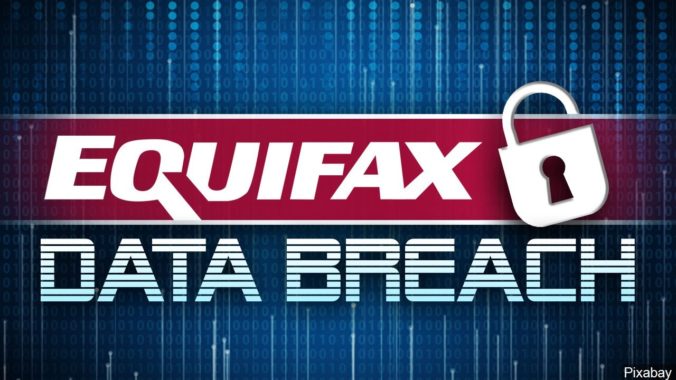A data breach at a credit bureau may be ironic, but the fact that roughly 143 million consumers’ records were stolen from Equifax also has big implications for people’s wallets. So the free-credit-score website WalletHub has some tips for how potential victims can keep their financial info safe.
WalletHub’s experts are also available to comment on what the breach means for the credit industry.
- Sign up for 24/7 credit monitoring – This way, you’ll find out immediately if someone tries to open an account in your name. WalletHub, for example, offers free 24/7 monitoring of your TransUnion credit report.
- Enable Two-Factor Authentication – Equifax was hacked, but your cell phone wasn’t. So use it as another layer of protection when logging into your email account and financial websites.
- A Freeze Is Better Than an Alert – It probably isn’t necessary in this case, but if you really want to protect yourself from fraudulent borrowing, freeze your three major credit reports (Equifax, Experian and TransUnion). This will prevent anyone but you from accessing them, thus making it impossible to take out a loan or line of credit. A fraud alert, in contrast, doesn’t actually do much.
- Suppress Fraudulent Info – While you can dispute run-of-the-mill credit report inaccuracies, it’s best to use a process called “suppression” / “blocking” to get rid of negative info resulting from identity theft. In short, this makes it so the records in question can’t make reappearance after they’re initially removed.
- Never Respond to Unsolicited Requests for Information – Don’t be surprised if you see an uptick in unsolicited calls and emails requesting personal information. Just remember: Never answer if you didn’t ask to be contacted.

0 Comments
85 Pingbacks